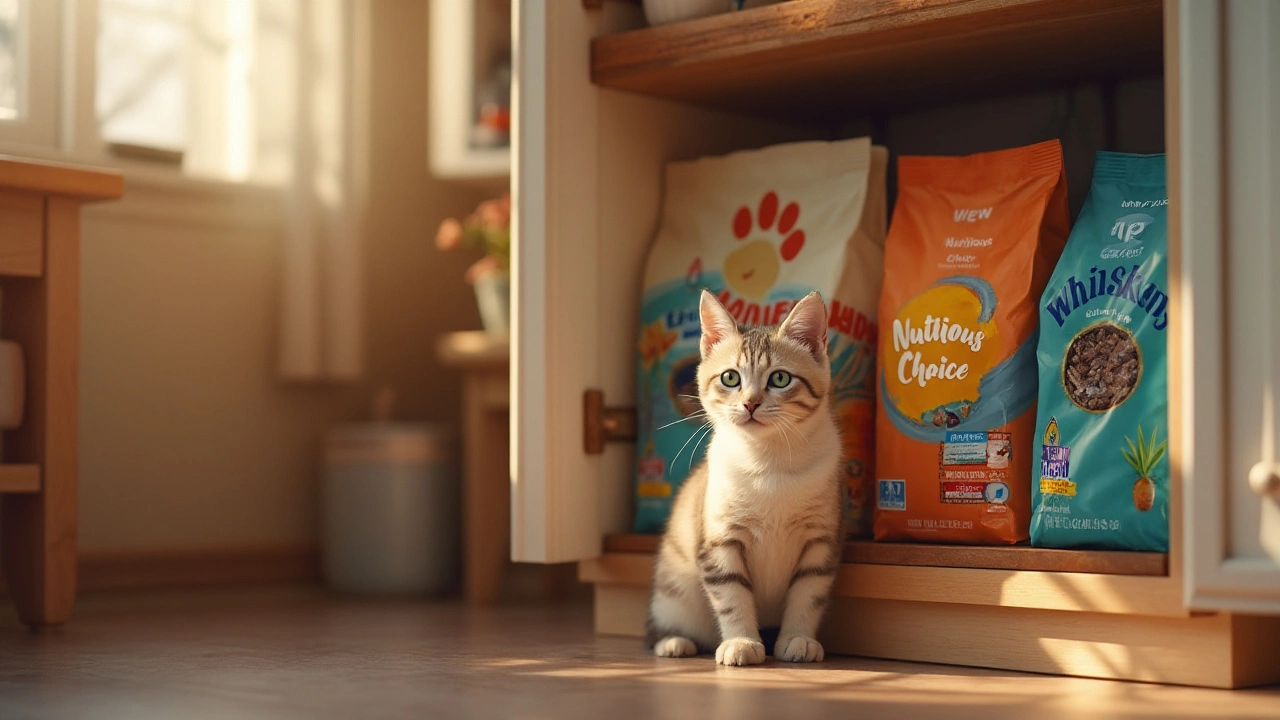Best Cat Food – What to Look For and Top Picks
Choosing cat food can feel like a maze of flashy packaging and vague claims. The good news? You don’t need a nutrition degree to pick a bowl that keeps your cat healthy and happy. In this guide we break down the ingredients that truly matter, share practical tips for everyday shoppers, and list solid picks for every budget.
Key Ingredients to Check
First up, protein. Cats are obligate carnivores, so a good food lists a real meat source—chicken, turkey, salmon, or beef—right at the top. Avoid vague terms like "meat meal" unless the label tells you exactly what animal it comes from.
Next, moisture. Wet food usually contains 70‑80% water, which helps with hydration and kidney health. If you feed dry kibble, make sure you’re offering fresh water all the time.
Watch out for fillers. Corn, wheat, and soy can be fine in small amounts, but they shouldn’t dominate the formula. High‑quality cat foods keep carbs low and focus on animal protein.
Taurine is a must‑have amino acid that supports heart and eye health. It should appear in the ingredient list or be added as a supplement.
Finally, consider added goodies like omega‑3 fatty acids (from fish oil) for a shiny coat, and antioxidants (vitamin E, C) for a strong immune system. If a brand boasts “no artificial colors or flavors,” that’s usually a safe bet.
Our Top Picks for Every Budget
Premium Choice: If you want the very best, look for grain‑free, limited‑ingredient wet foods that list a single animal protein. Brands that use wild‑caught fish or free‑range chicken often rank highest in vet surveys. They’re pricier, but a small can can replace two or three dry meals.
Mid‑Range Winner: A balanced dry kibble with real meat as the first ingredient and added omega‑3s offers good value. Many vet‑recommended lines fall in this range and provide consistent nutrition day‑to‑day.
Budget Friendly: For tight wallets, choose a dry formula that still lists a named meat source and includes taurine. Pair it with an occasional wet topper (like a Fancy Feast pâté) to boost moisture intake without breaking the bank.
Mixing wet and dry food is a smart move. Our article on “Can I Mix Wet Food with Dry Food for My Cat?” shows that the combo keeps cats interested, supports hydration, and lets you control portion sizes.
When you shop, read the label, compare the protein sources, and think about your cat’s life stage—kitten, adult, or senior. Kittens need more calories and DHA for brain growth, while seniors benefit from joint‑supporting nutrients.
Finally, give the food a test run. Offer a small amount for a few days and watch your cat’s energy, coat, and stool. If anything looks off, try a different brand or consult your vet.
With these basics in mind, you can walk the aisles with confidence. The right cat food isn’t about the flashiest bag—it’s about real meat, proper moisture, and the nutrients your feline needs to thrive.


